This week ministers gathered to discuss the Bill as it entered its second reading in the House of Commons and it’s fair to say they had quite a lot of opinions to express.
Described by education secretary Bridget Phillipson as part of ‘the biggest reform of children’s social care in a generation’, the bill has been introduced to try and tackle the tragedy of children vanishing from education and protecting them against grooming gangs, exploitation and other forms of abuse.
The creation of the legislation follows the sickening case of Sara Sharif, who, horrifically, was murdered by her own father at just 10-years-old after he and her stepmother pulled her out of school.
During the bill’s debate, Phillipson said: ‘Keeping children safe will always be my first duty as education secretary, but we can only truly do that if we know where our children are. The sad reality is that at the moment there are thousands of children hidden from sight.
‘This government will make no apologies for doing whatever is necessary to keep children out of harm’s way, and I will not stand by while some young people fall through the cracks, left without a good education and vulnerable to exploitation and abuse.’
In a nutshell, the Bill maintains:
- Councils must keep a register of children who are being home educated, by providing them with a unique number – similar to National Insurance numbers given to adults.
- If a child’s home environment is deemed unsafe, local authorities have the power to intervene and require local school attendance.
- Parents involved in a child protection investigation will be stripped of the right to home school unless councils grant them permission.
- Councils should practice ‘multi-agency’ safeguarding panels, that unite professionals who can make sure children are safe at home and at school.
The recent Child Safeguarding Practice Peer Review Panel Annual Report 2024 showcases just how needed the bill is. The research shows children experiencing harm outside of their home were likely to not be enrolled in school.
What’s more, separate government data also outlines that around 111,000 children and young people are home educated – up from an estimated 55,000 during the COVID-19 pandemic.
Financial benefits
As well as ensuring children’s safety, the proposed bill is also working to help parents who struggle to afford the costs of school uniform. The legislation proposes to cap the number of branded items schools can implement which could save some families up to £50 per child from September 2026.
In addition, the bill will give every parent of a primary school aged child a legal entitlement to a breakfast club, saving them as much as £450 per year.
‘The high cost of school uniforms has put unnecessary financial strain on families for far too long,’ said Mark Russell, CEO at the Children’s Society, who was also present for the debate. ‘This is. Pivotal movement on an issue we’ve campaigned on for years, and it’s very encouraging to see this progress towards a fairer and more affordable approach.’
‘Schools will play a key role in ensuring these changes deliver for families, and so the new measures should be both practical and effective. Every child deserves to feel equal and included, regardless of their family’s income, and removing the pressure of costly branded uniforms is an essential step in making that a reality,’ he continued.
What’s next?
Now that the Bill has had its second reading and its contents have been discussed at length, it is due to be considered by a committee of MPs before returning to the Commons where it will be voted on prior to consideration by the House of Lords.
It is also understood that because the Bill is in the early stages, it is likely to experience amendments. That said, a proposed change from the Conservatives was blocked at the debate this week.
The tory party have joined calls by Elon Musk for ministers to establish a national statutory inquiry into historical child sexual exploitation, with a large focus on grooming gangs. However, ministers have claimed they’d rather roll out the recommendations of the previous child sexual abuse inquiry led by Professor Alexis Jay, which was completed in 2022.
The inquiry was established in 2015 and undertook 15 investigations including into grooming gangs and abuse in schools and church settings. The final report outlined 20 recommendations to help reduce child suffering including establishing a child protection authority, encouraging tech firms to take stronger action over online abuse material and making not reporting abuse a criminal offence.
commenting on the bill, Sir David Holmes CBE, chief executive of family Action, said: ‘It is great to see the Children’s Wellbeing and Schools Bill continuing its passage through Parliament. Second Reading stage provides a crucial opportunity for Parliamentarians and for everyone else who is interested in children’s wellbeing to scrutinise further this new and important draft legislation.’
‘We particularly welcome the proposals to introduce a unique identifier number for children across services, registers to identify children who are not in school and of course the provisions which will introduce universal free breakfast clubs in state-funded primary schools.’
Though the legislation is far from receiving Royal Assent, it is believed that if all goes to plan the bill could be passed by late spring, however we will just have to sit and wait patiently.
In related news:











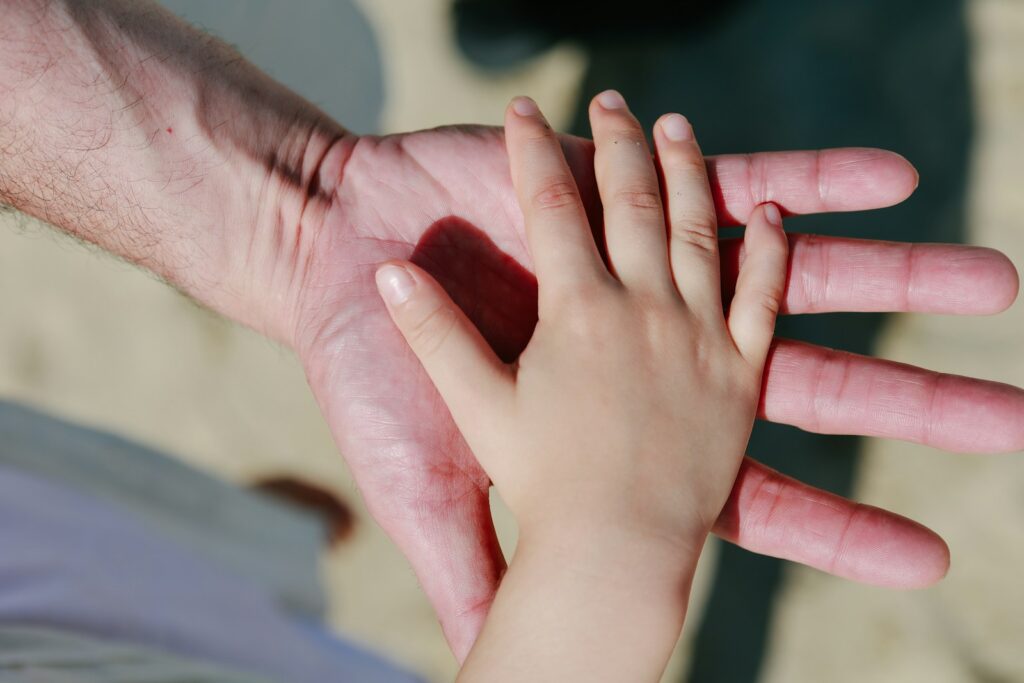
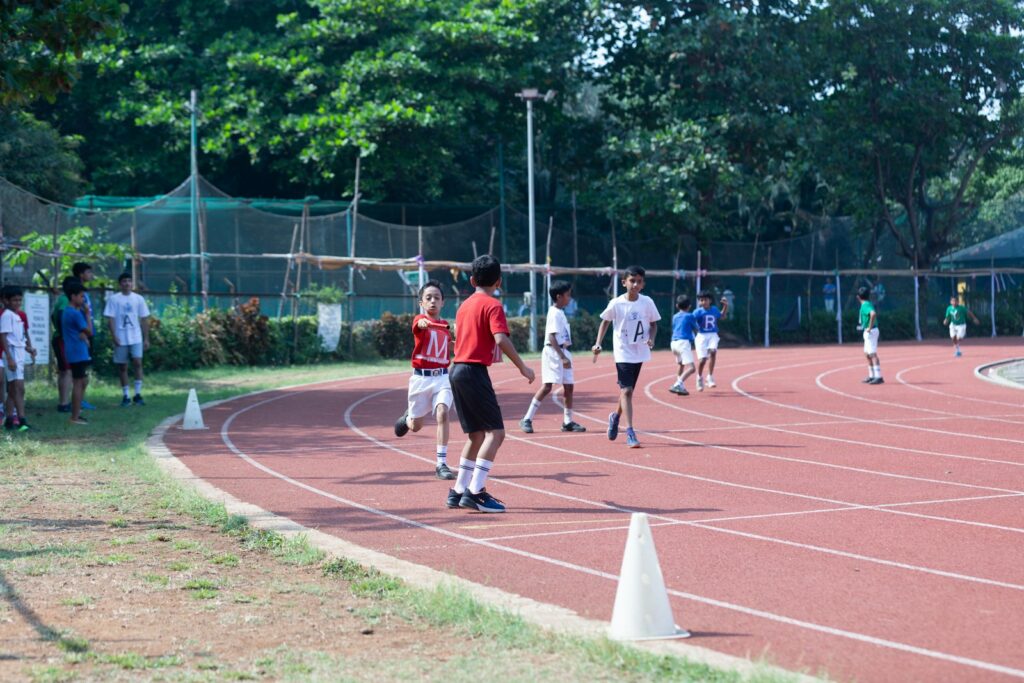
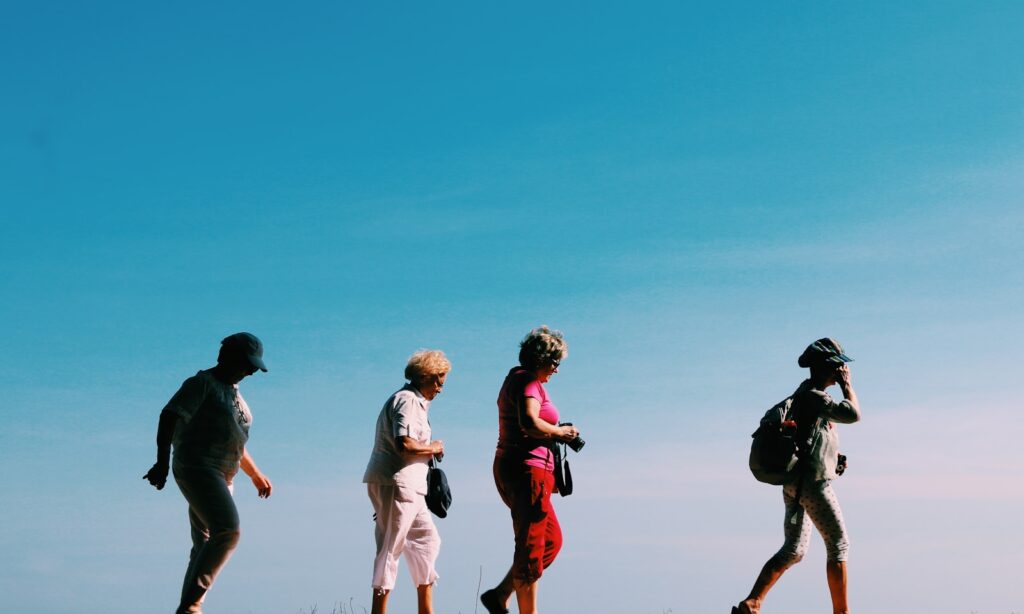
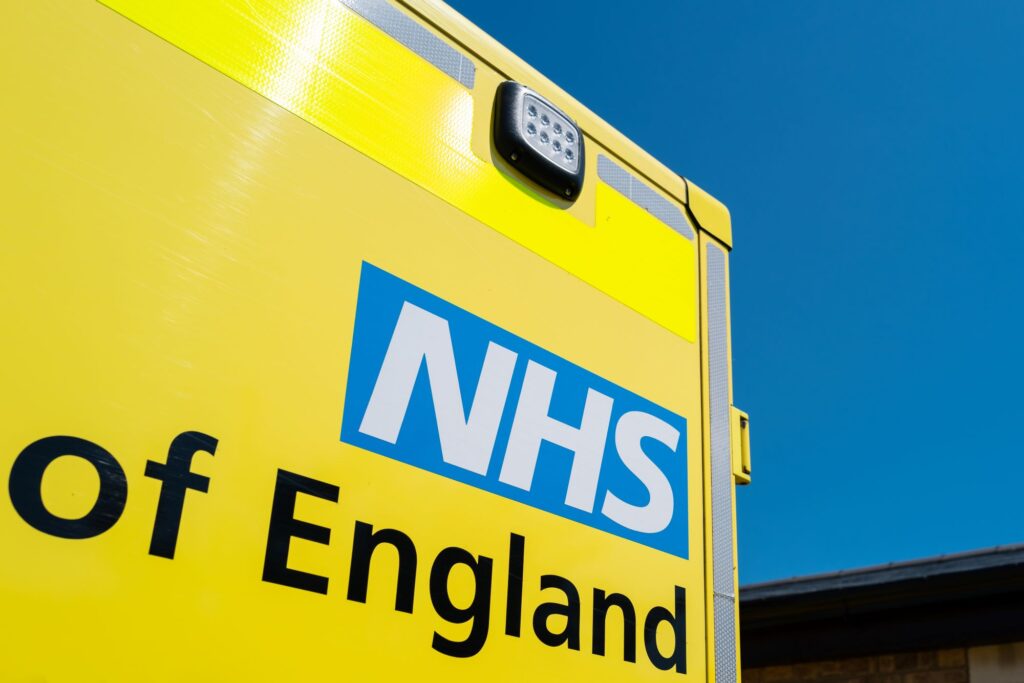
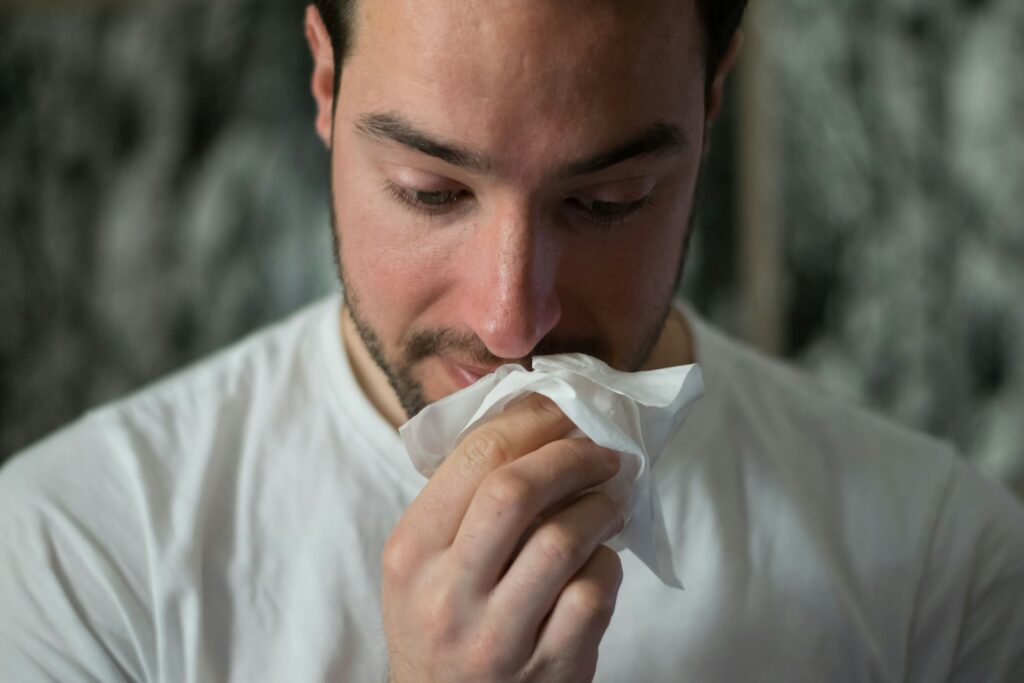
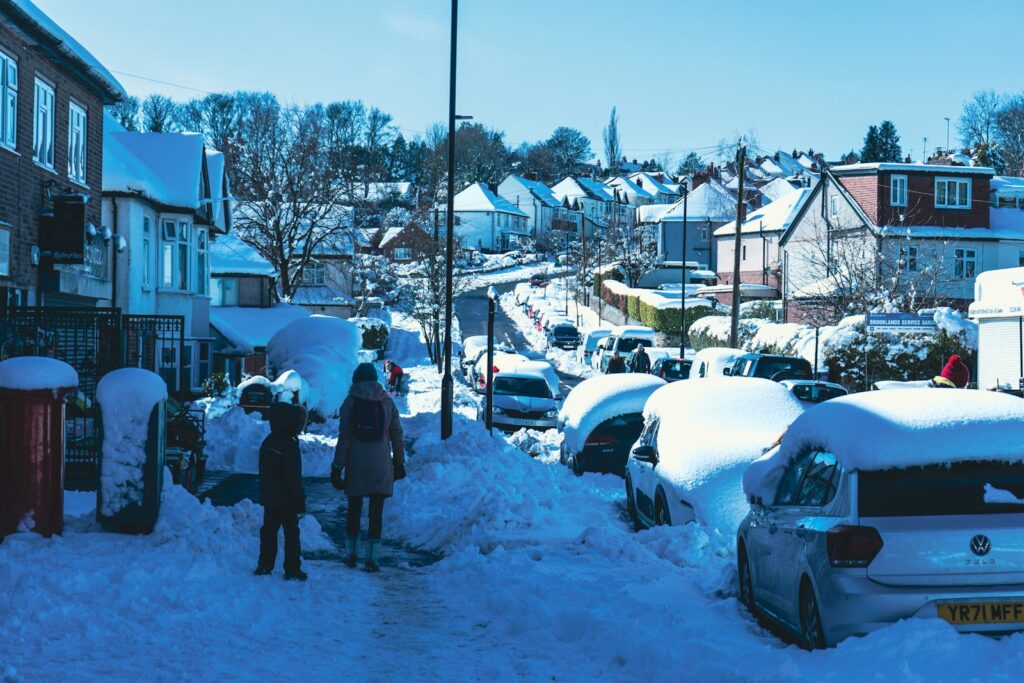
Leave a Reply